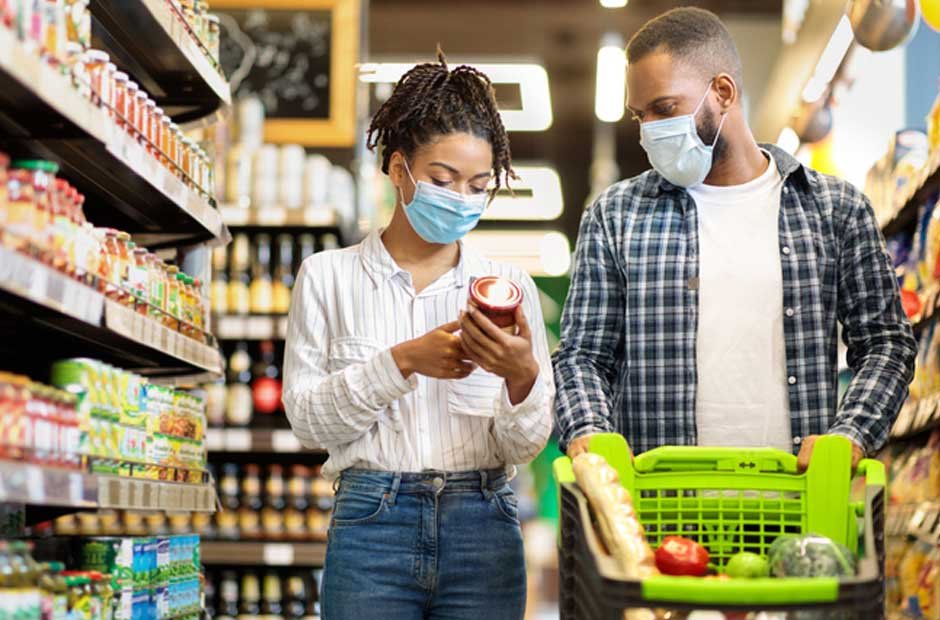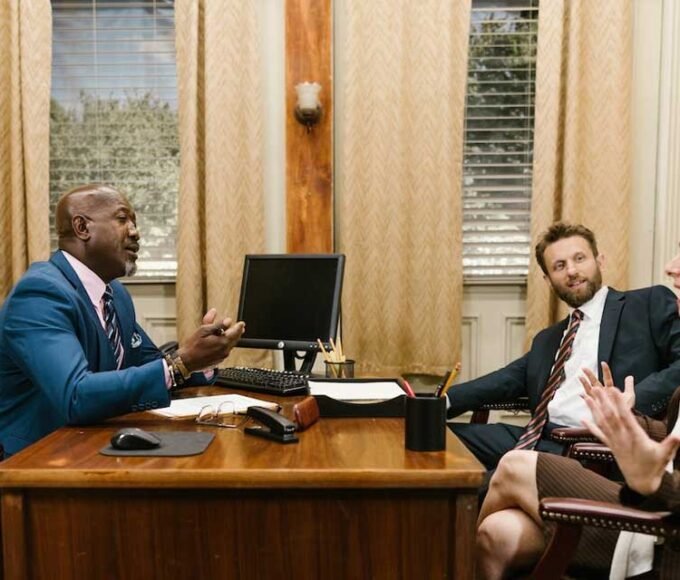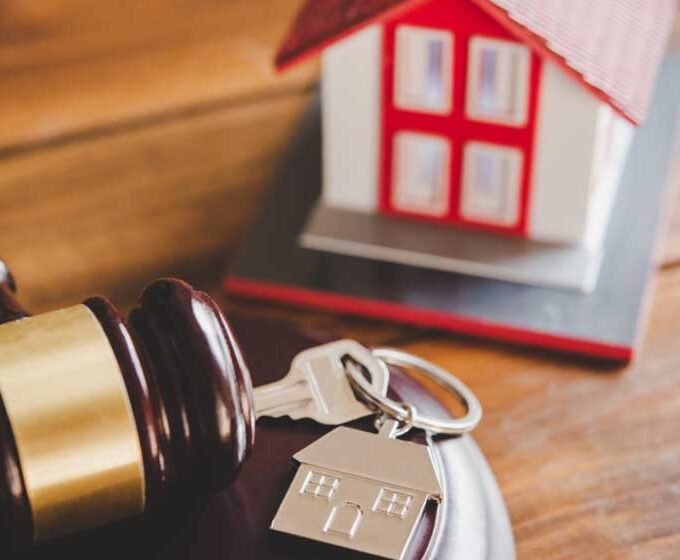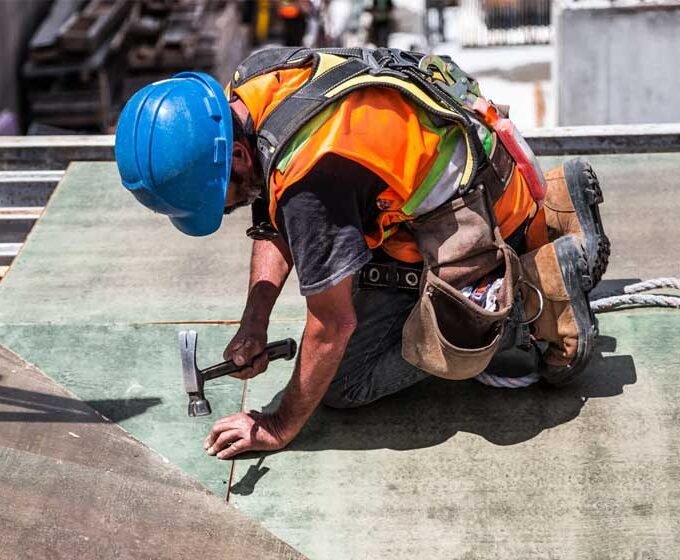Frequenting the local grocery store is a mundane task for most people, but it can quickly turn into a nightmare if you suffer a fall while shopping. Slip and fall accidents at grocery stores are more common than one might think, and they can result in serious injuries that have lasting consequences. If you find yourself the victim of a fall at a grocery store, here’s what you should know:
Understanding the Common Causes of Falls at Grocery Stores
Slip and fall accidents at grocery stores can occur due to various factors.
- Wet or slippery floors from spills, leaks, or recently mopped areas.
- Uneven or damaged flooring, such as cracked tiles or loose floorboards.
- Debris left in aisles, including dropped produce, packaging materials, or misplaced items.
- Poorly maintained entryways or parking lots, with potholes, cracks, or uneven pavement.
- Inadequate lighting in certain areas, making it difficult to see potential hazards or obstacles.
- Improperly stacked or poorly maintained merchandise shelves, leading to items falling onto walkways.
- Lack of warning signs or hazard markers to alert shoppers to potential dangers, such as wet floors or ongoing maintenance work.
- Overcrowded aisles or cluttered pathways, making it challenging for shoppers to navigate safely.
- Faulty or poorly designed escalators, elevators, or other moving walkways, increasing the risk of slips, trips, and falls.
- Failure to address known hazards promptly or implement effective safety protocols to prevent accidents.
Identifying the specific cause of your fall is crucial for determining liability and seeking compensation for your injuries.
Immediate Steps to Take After a Fall
If you experience a fall at a grocery store, it’s essential to take immediate action to protect your health and preserve evidence for any potential legal claims. Seek medical attention right away, even if you don’t believe your injuries are severe. Not only does this ensure that any injuries are properly treated, but it also creates a record of your injuries, which can be valuable for future legal proceedings. Additionally, report the incident to store management and request that they document the accident in their incident report log.
Documenting Evidence and Gathering Information
After a fall at a grocery store, it’s crucial to document as much evidence as possible to support any potential legal claims. Take photographs of the accident scene, including the area where you fell, any hazards present, and any visible injuries you sustained. Collect contact information from any witnesses who may have seen the accident occur, as their testimony could be valuable in establishing liability. Additionally, make note of any contributing factors to the accident, such as wet floors, debris in the aisles, or inadequate signage warning of hazards.
Understanding Liability in Grocery Store Slip and Fall Cases
Determining liability in slip and fall cases at grocery stores can be complex, as it often depends on the specific circumstances of the accident. In general, grocery store owners and operators have a duty to maintain a safe environment for customers and visitors. If they fail to uphold this duty by allowing hazardous conditions to exist, such as wet floors or cluttered aisles, and you suffer injuries as a result, they may be held liable for your damages. However, proving liability requires demonstrating that the store owner or operator knew or should have known about the hazardous condition and failed to take reasonable steps to address it.
Seeking Compensation for Damages
If you’ve been injured in a fall at a grocery store due to the negligence of the store owner or operator, you may be entitled to compensation for your damages. This can include medical expenses, lost wages, pain and suffering, and other losses resulting from the accident. To pursue compensation, consider consulting with a personal injury attorney who can assess your case, advise you on your legal options, and help you navigate the claims process. An experienced Kansas City car accident attorney can advocate for your rights and work to ensure that you receive the full and fair compensation you deserve for your injuries.
















